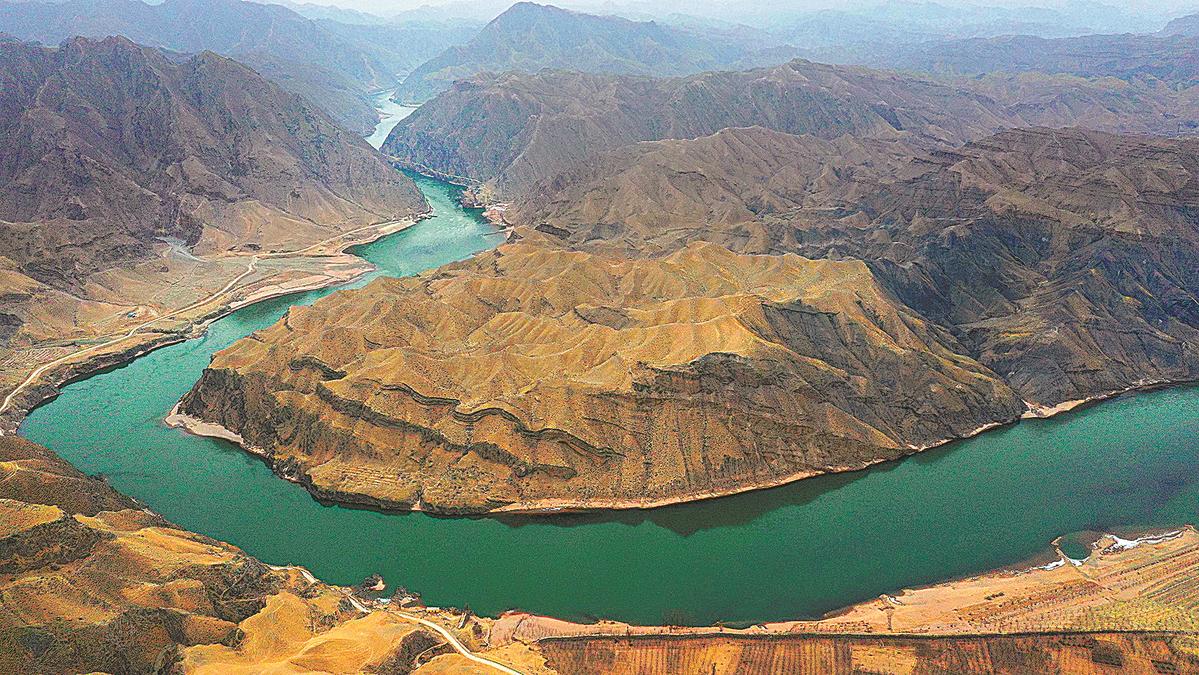Scholars discuss plateau protection

A photo shows the Yellow River passing through Gansu province, where the Qinghai-Tibet Plateau and the Loess Plateau meet. [Photo by TIAN MANCHAO/FOR CHINA DAILY]
Legal scholars from different countries shared their views on the development of environmental protection legislation on the Qinghai-Tibet Plateau recently.
Speaking at a sideline meeting of the ongoing 51st Session of the United Nations Human Rights Council, they discussed the plateau's high-quality development.
Shi Yazhou, executive vice-president of the Minzu Unity and Progress Association of China, told the meeting that a happy life for people is the greatest human right and a good environment is an important aspect in guaranteeing a happy life.
He said that a draft of the Qinghai-Tibet Plateau Ecological Protection Law had been recently submitted to the Standing Committee of the 13th National People's Congress for deliberation.
An increasing number of scientists, social organizations, local farmers and herdsmen are involved in the protection of the plateau.
Qin Tianbao, director of Wuhan University's research institute of environmental law, said that the Qinghai-Tibet Plateau ecological protection legislation adopts an integrated system of legal principles, management and judicial protection.
This can provide sufficient legal protection to citizens' environmental rights and interests, Qin said.
Selena Ahmed, associate professor from the health and human development department of Montana State University in the United States, said the plateau has some of the richest biodiversity in the world.
Its good environment for wild and cultivated food has become key in protecting and promoting the health of human beings and the Earth, she said.
Xu Shuang, associate professor from the law school of the Minzu University of China, said that some irresponsible remarks about developing the Qinghai-Tibet Plateau are not conducive to the realization of the United Nations Sustainable Development Goals.
It is urgent to take the responsibility of protecting the ecological foundation for sustainable human development, she said.
By Li Hongyang
